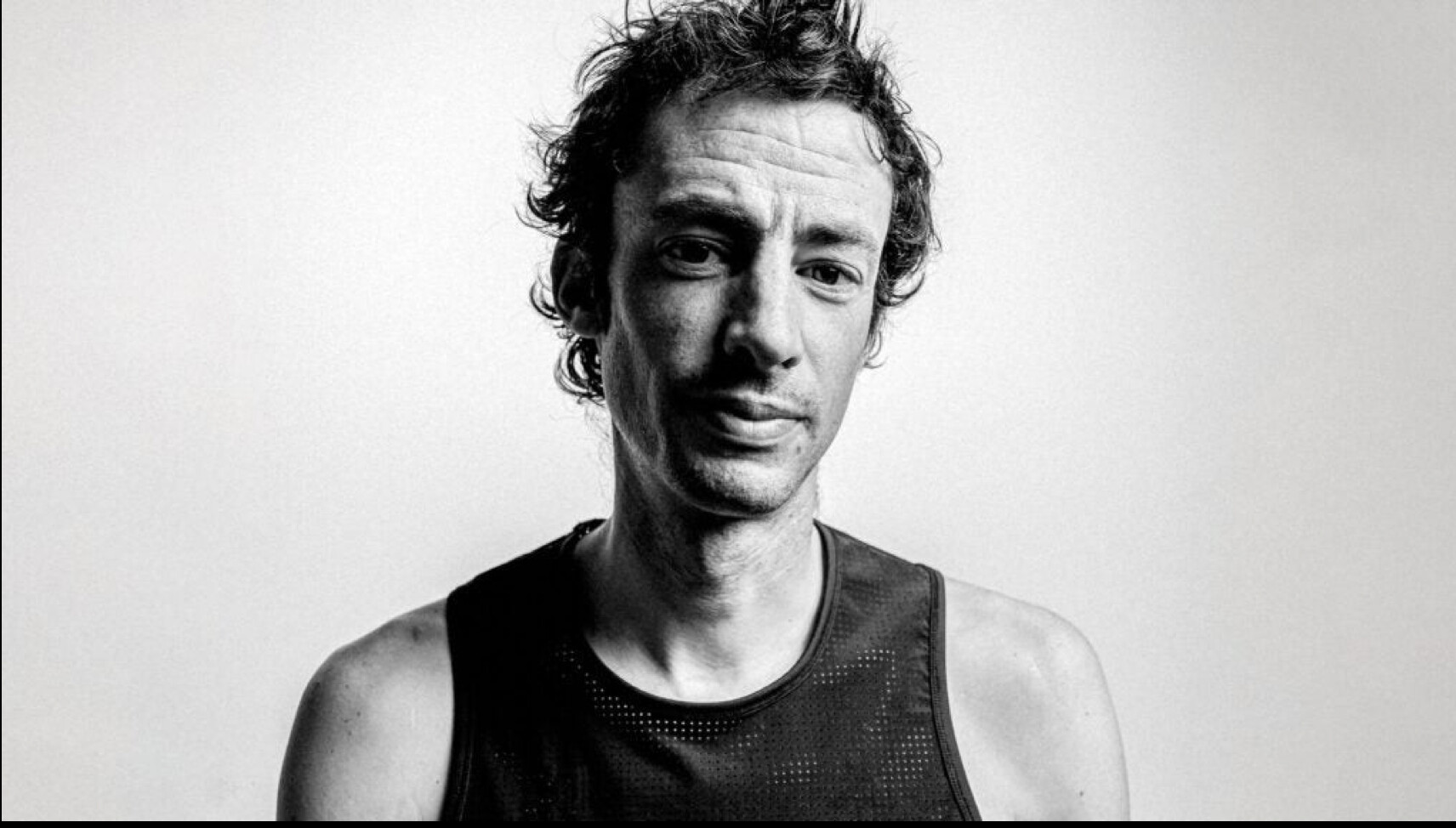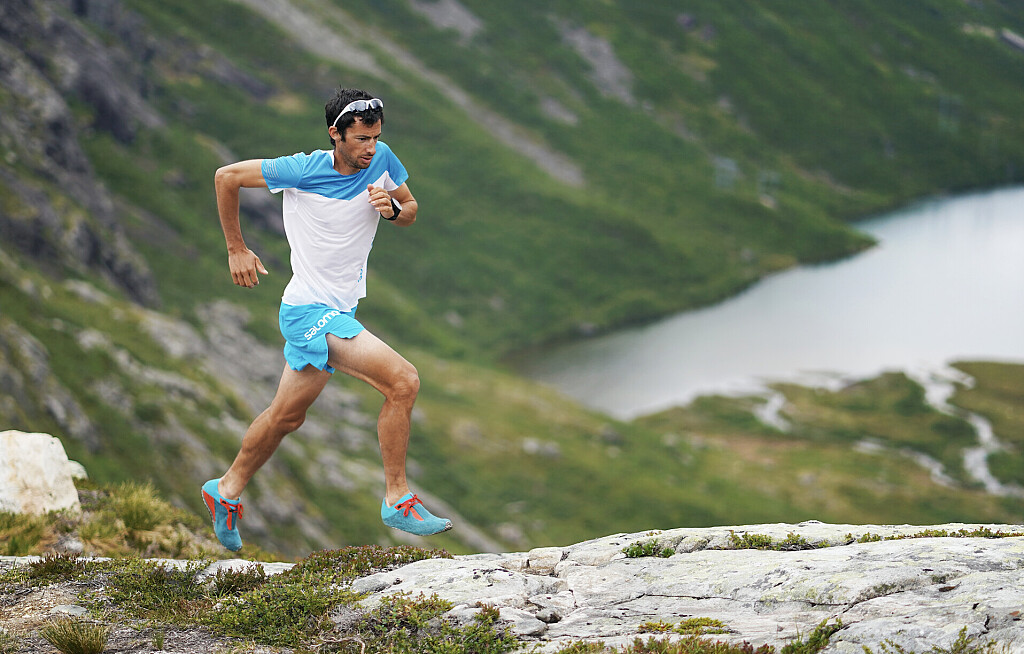Running News Daily
Running News Daily is edited by Bob Anderson. Send your news items to bob@mybestruns.com Advertising opportunities available. Train the Kenyan Way at KATA Kenya and Portugal owned and operated by Bob Anderson. Be sure to catch our movie A Long Run the movie KATA Running Camps and KATA Potato Farms - 31 now open in Kenya! https://kata.ke/
Index to Daily Posts · Sign Up For Updates · Run The World Feed
Kilian Jornet Won the Biggest Races and Launched His Own Apparel Brand
Heading into the 2022 ultramarathon season, Spanish runner Kilian Jornet hadn't contested a 100-mile race since 2018, when he dropped out of the Ultra-Trail du Mont Blanc (UTMB) following an allergic reaction from a bee sting. In the ensuing years, Jornet, now 35, had two children with his partner, Swedish ultrarunner Emelie Forsberg, and he launched his own trail-running footwear and apparel brand, NNormal. Fatherhood and entrepreneurship didn't slow him down, however; the running world's greatest of all time began the season with a win at Sweden's 100-mile Tjrnarparen Trail Ultra. He then pulled off an audacious double, winning Colorado's Hardrock 100 as well as the UTMB-and set course records in both events. Outside spoke with Jornet about his remarkable year.
OUTSIDE: You've done several 100-mile races in 2022 after a few years running shorter events. Was that a planned break? KILIAN JORNET: In 2019, I wanted to focus on shorter distances, with the Golden Trail Series and an Everest expedition. In 2020, I wanted to spend time with my family. To try something different, I trained mostly on roads. In 2021, the focus was on a trip to the Himalayas and getting fast in short distances, specifically the vertical kilometer.

Your long-term partnership with Salomon ended last year. What made you decide it was time to do your own thing? I've always been a geek when it comes to gear. I had the idea of developing something on my own, but it was more a dream than a project. Then last year, through a mutual friend, I met the Fluxa family, who own Camper shoes, and told them that I wanted to do something in the outdoor space. Since the first conversation, we saw that we shared the same values and vision around social and environmental responsibility. From there things went fast. I'm very grateful for all the years at Salomon, and for all their support and what we did together, but it was time to do something different.
How did the idea for NNormal come about? We thought that the best way to implement our ideas-in terms of products, marketing, and corporate responsibility-was to create our own company. The benefit of cofounding a company is that you don't need to answer to shareholders at the end of the year, so you can develop your mission without any pressure. Of course, you want it to be economically sustainable, but you can always put product and company values at the forefront.
With the exploding popularity of ultrarunning, do you believe there will be more professional athletes in the near future? In the past five years, I've seen many more athletes becoming professional-not just to survive, but earning a good salary. More brands are creating teams with great resources. I think that will continue, and I hope it increases equality and diversity in the sport. Many of the big competitions have fewer female participants than male, and many of the sponsorships are from brands in Western countries. In this regard, brands have a big role to play, not only in equal sponsorship opportunities, but also when it comes to marketing and communication.
Many outdoor apparel brands say that protecting the environment is an important part of their company philosophy. How does NNormal plan to tackle that challenge? At NNormal we want to focus on durability. That means making products that perform well for a long time and are easy to repair. They should also have emotional durability, which means that they look good today and in five years. We want to make collections that are timeless and not designed according to seasonal trends. It's important to have great standards when it comes to the environmental footprint of the materials as well as the production process. Most important, we want to base our business model not on overconsumption but on finding different ways to be economically sustainable.
The running-shoe market is notoriously competitive. What makes you optimistic that NNormal can succeed? The first thing is to define success. Is it to sell a lot, or to have a quality product? We have a great team of footwear developers-we have the experience of Camper for shoe development and comfort, and we have a very talented group for performance footwear. For our first shoe, the Kjerag, we wanted to make something that performs well on different terrain and over different distances. I think our approach of durability, comfort, and versatility will appeal to many athletes. But we'll see what our customers think.
by Trail Runner Magazine
Login to leave a comment




